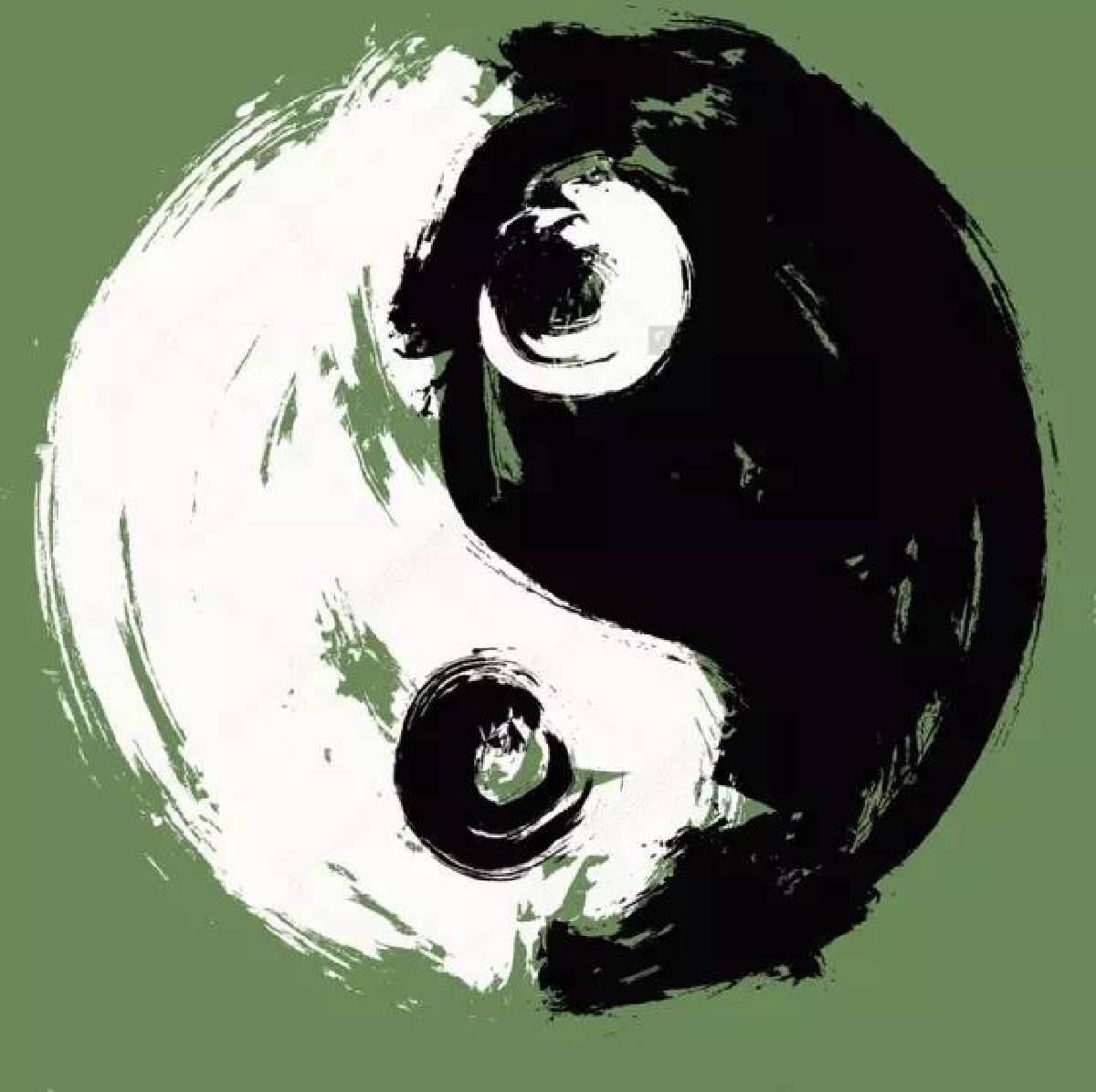Eastern people emphasize macro-to-micro thinking, while Western people emphasize micro-to-macro thinking. In my view, this is the root of East-West thinking differences.
First, we need to clarify the definition of East and West. Here, “East” refers to East Asia and Southeast Asia centered on China, mainly the Confucian cultural sphere formed by China, Japan, Korea and other countries. “West” mainly refers to the European cultural sphere directly inheriting from Greek-Roman culture.
- Eastern thinking emphasizes macro-to-micro approach.
- Western thinking emphasizes micro-to-macro approach.
I believe this is the greatest fundamental difference in East-West thinking.
This point can be interpreted differently across various fields:
To discuss a civilization’s characteristics, we must first mention philosophy. It’s the most direct embodiment of a civilization’s worldview and values.
So what’s the difference between Eastern and Western philosophy? Looking at Eastern classical philosophy from today’s perspective, we can form this impression: macro, synthetic, abstract. Eastern philosophy builds its theoretical system starting from Dao, Fa (Dharma), Yin, Yang. Undoubtedly, these concepts are all very abstract. What is Dao? What is Fa? What is Yin? What is Yang? We can bring various things as interpretations into them. It can be said that Eastern philosophy studies from the “soft” side, starting with the largest concepts. This is exactly different from the West. Western philosophical systems show very obvious reductionist characteristics - philosophy is subdivided into many parts, starting from the most basic questions, constructed through a series of fundamental definitions using axiomatic methods to build the entire theoretical system, moving from micro to macro.
- From a values perspective, the East emphasizes collectivism, while the West emphasizes individualism.
- From a broad ideological perspective, the East emphasizes order, while the West emphasizes freedom.
- Eastern society is based on patriarchal systems, emphasizing blood ties and interpersonal relationships. Western society emphasizes human equality and individual freedom.
- When writing addresses and dates, Eastern people habitually write from large to small, while Western people do the opposite.
- Precisely because the East leans toward macro-to-micro, Eastern people’s personality traits tend to be introverted, while Western people’s personality traits appear extroverted and cheerful.
For example, Eastern and Western medicine is quite a typical example.
Differences in thinking are very apparent in Traditional Chinese Medicine (TCM) and Western medicine theories. TCM treats illness by emphasizing macro, overall, and comprehensive understanding, rather than studying from human body parts and organs. It proposes diagnostic methodologies of observation, listening, questioning, and pulse-taking. Western medicine emphasizes empirical research from anatomy. Fundamentally, TCM takes the macro-to-micro route, while Western medicine takes the micro-to-macro route. TCM emphasizes “holistic properties,” Western medicine emphasizes “physical characteristics.” This also determines that TCM is much harder to master than Western medicine - in other words, it has poor operability.
Of course, this is a side note. In reality, I’m not enthusiastic about TCM. From a worldview perspective, those mysterious theories feel like witchcraft. I suppose when most people get sick and go to the hospital, they first think of Western medicine? Indeed, for some diseases like rheumatism and disease prevention, TCM has a good reputation for therapeutic effects, but in other various fields, TCM appears quite unconvincing.
TCM’s research method is very similar to the black box method in circuit analysis, not caring about what kind of mechanisms and kinetics drugs have, but directly testing the correspondence between given inputs and output results to find patterns. This research method is fundamentally very different from Western medicine’s research methods. Although Western medicine has now become absolutely mainstream, this benefits from its powerful theoretical foundation. Western medicine has Bacon’s analysis method, Galileo’s observation method, Newton’s proof theory, Watt’s invention theory, Huygens’ experimental theory, and Darwin’s evolution theory as its foundation. On these foundations, Western medicine has developed tremendously through gradual progression. TCM’s methodology, I personally feel, is too simple, like feeling stones to cross a river. But occasionally this can discover virgin land in the river’s center - finding treatment methods for diseases that completely stump Western medicine. At the broad conceptual level, TCM isn’t inferior to Western medicine. Whether dismantling black boxes to carefully analyze specific principles or determining input-output correspondence patterns - different methods, same effects. This abstract thinking approach that ignores specific details and grasps from a macro perspective has irreplaceable tremendous utility in specific situations.
Despite this, modern scientific civilization is built on Western foundations. After more than ten years of scientific training, I’ve adopted Western science’s fundamental worldview as truth (of course, limited to science), but understanding the thoughts left by our ancestors is also good. Perhaps when Western thinking hits bottlenecks, Eastern thinking might become a way forward for further progress.


